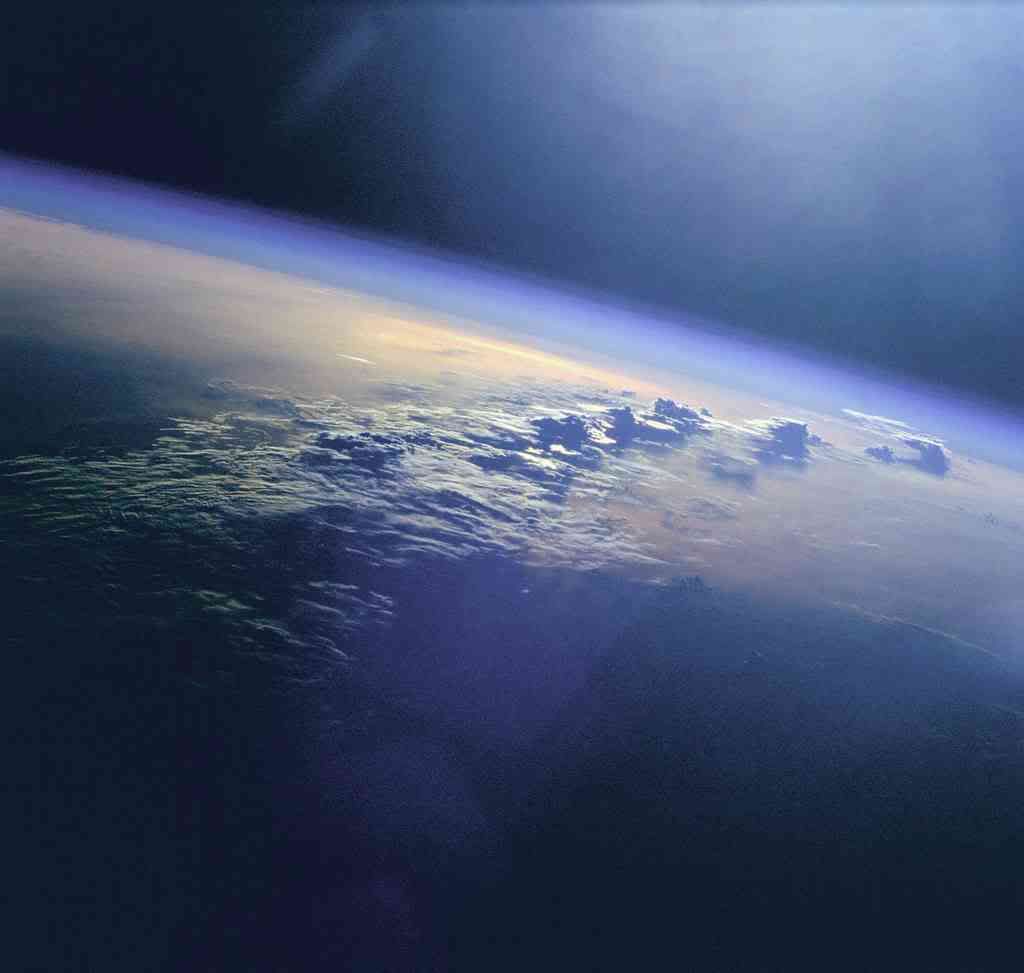The sum of human experience cannot be separated from its
location within the planetary whole system which provides the environment for the
development of human intelligence. The stages of the development of human
intelligence also refer to a whole system evolution which cannot be separated from
the bio-geological whole of which it is a part. The contribution and effects of human
intelligence must be precicely placed within the overall structure and development
of the whole planet system so that an accurate evaluation may be made. Without such
an objective ~ that is to say, an honest and logical whole systems evaluation ~ no real
progress can be made toward overcoming the essential problem that now perplexes
humanity and degrades the planetary environment: human alienation from nature.
{The Call of Pacal Votan: Time is the Fourth Dimension ~ Jose Arguelles}

In a work on the history of sociological theories, Sorokin's "integralist" philosophy
can be discussed only in a peripheral way, even though it undoubtedly loomed very
large among Sorokin's preoccupations, especially in the last third of his life.
All of Sorokin's tracts for the times that deal with his philosophy are imbued
with a pervasive distaste, one may even say hatred, for modern urban culture and all
that it stands for. The Sensate world of the city jungle and the world of modernity
as a whole are, to Sorokin, compounds of utter depravity, which he castigates
in the accents of Old Testament prophets or Russian itinerant preachers. Consider the
following lines from the final chapter of his autobiography: ". . . In the human world
around me the deadliest storm is raging. The very destiny of mankind is being
weighed in the balance of life and death. The forces of the dying Sensate order
are furiously destroying everything that stands in their way. In the name of 'God,'
'progress,' 'civilization,' communism,' 'democracy,' 'freedom,' 'capitalism,' 'the dignity
of man,' and other shibboleths they are uprooting these very values, murdering
millions of human beings, threatening man's very survival and tending to turn this
beautiful planet into an 'abomination of desolation.' "
Sorokin's was an apocalyptic vision; he expected the fire next time.
Yet, instilled as he was by a philosophy of history that rested on the notion of cyclical
fluctuations in human affairs, he seems never to have doubted that the collapse
of Western Sensate culture would be followed in its turn by a rebirth under different stars.
It is this new Ideational culture that Sorokin sought to anticipate in his Integralist
philosophy. In times to come, the present desert of love would he superseded
by a harmonious civilization in which altruistic love--which he studied intensely
in the last period of his life--would overcome the competitive strivings of Sensate
mentalities; here people would again find a secure footing in revitalized communities
of their fellows. Then "the supreme Trinity of Truth, Goodness, and Beauty,
wrongly divorced from one another by Sensate mentality" will be reinstalled in
"one harmonious whole." Men and women, now mired in the slough of despond,
will again grow to truly human stature. Sorokin fervently believed, that after
the Goetterdaemmerung of the dying Sensate order, humankind would again
enter into its true kingdom. Having "deliberately become a 'stranger' to the glittering
vacuities, and short-lived 'successes' " of Sensate decay, having "alienated [himself]
from its hollow values, sham-truths, and grandiose pretenses," Sorokin saw himself
as another Moses who, even though he could not enter the promised land, was still
able, owing to his cultural estrangement, to forecast its main features in his Integralist philosophy.
Let him who has never dreamt of a redemptive Utopia of the future cast the first stone.
{From Coser, 1977:476-477. ~ On Pitirim A. Sorokin}

{Images linked/Programming by DPC}
location within the planetary whole system which provides the environment for the
development of human intelligence. The stages of the development of human
intelligence also refer to a whole system evolution which cannot be separated from
the bio-geological whole of which it is a part. The contribution and effects of human
intelligence must be precicely placed within the overall structure and development
of the whole planet system so that an accurate evaluation may be made. Without such
an objective ~ that is to say, an honest and logical whole systems evaluation ~ no real
progress can be made toward overcoming the essential problem that now perplexes
humanity and degrades the planetary environment: human alienation from nature.
{The Call of Pacal Votan: Time is the Fourth Dimension ~ Jose Arguelles}

In a work on the history of sociological theories, Sorokin's "integralist" philosophy
can be discussed only in a peripheral way, even though it undoubtedly loomed very
large among Sorokin's preoccupations, especially in the last third of his life.
All of Sorokin's tracts for the times that deal with his philosophy are imbued
with a pervasive distaste, one may even say hatred, for modern urban culture and all
that it stands for. The Sensate world of the city jungle and the world of modernity
as a whole are, to Sorokin, compounds of utter depravity, which he castigates
in the accents of Old Testament prophets or Russian itinerant preachers. Consider the
following lines from the final chapter of his autobiography: ". . . In the human world
around me the deadliest storm is raging. The very destiny of mankind is being
weighed in the balance of life and death. The forces of the dying Sensate order
are furiously destroying everything that stands in their way. In the name of 'God,'
'progress,' 'civilization,' communism,' 'democracy,' 'freedom,' 'capitalism,' 'the dignity
of man,' and other shibboleths they are uprooting these very values, murdering
millions of human beings, threatening man's very survival and tending to turn this
beautiful planet into an 'abomination of desolation.' "
Sorokin's was an apocalyptic vision; he expected the fire next time.
Yet, instilled as he was by a philosophy of history that rested on the notion of cyclical
fluctuations in human affairs, he seems never to have doubted that the collapse
of Western Sensate culture would be followed in its turn by a rebirth under different stars.
It is this new Ideational culture that Sorokin sought to anticipate in his Integralist
philosophy. In times to come, the present desert of love would he superseded
by a harmonious civilization in which altruistic love--which he studied intensely
in the last period of his life--would overcome the competitive strivings of Sensate
mentalities; here people would again find a secure footing in revitalized communities
of their fellows. Then "the supreme Trinity of Truth, Goodness, and Beauty,
wrongly divorced from one another by Sensate mentality" will be reinstalled in
"one harmonious whole." Men and women, now mired in the slough of despond,
will again grow to truly human stature. Sorokin fervently believed, that after
the Goetterdaemmerung of the dying Sensate order, humankind would again
enter into its true kingdom. Having "deliberately become a 'stranger' to the glittering
vacuities, and short-lived 'successes' " of Sensate decay, having "alienated [himself]
from its hollow values, sham-truths, and grandiose pretenses," Sorokin saw himself
as another Moses who, even though he could not enter the promised land, was still
able, owing to his cultural estrangement, to forecast its main features in his Integralist philosophy.
Let him who has never dreamt of a redemptive Utopia of the future cast the first stone.
{From Coser, 1977:476-477. ~ On Pitirim A. Sorokin}

{Images linked/Programming by DPC}

